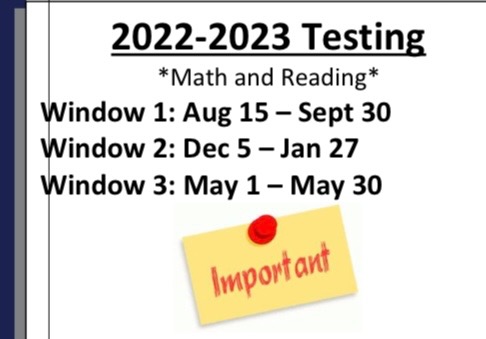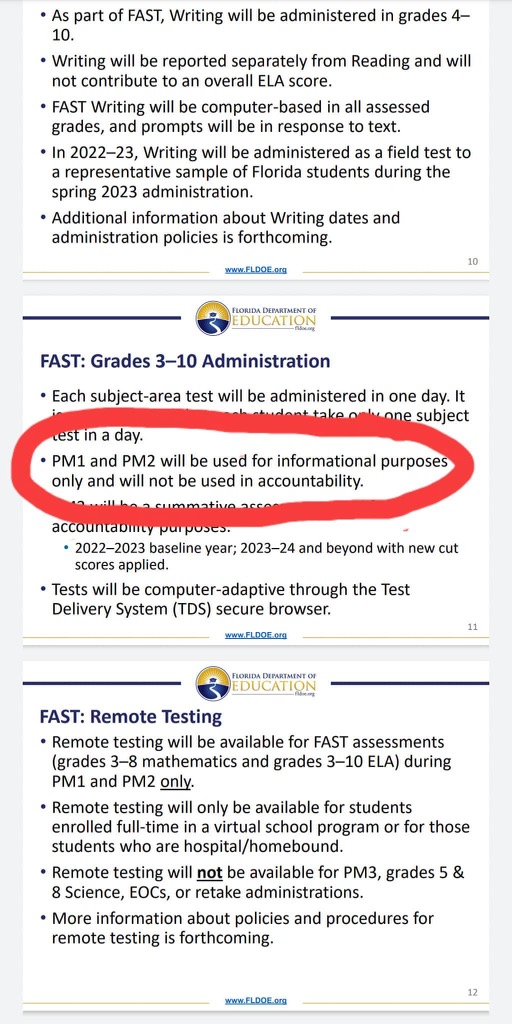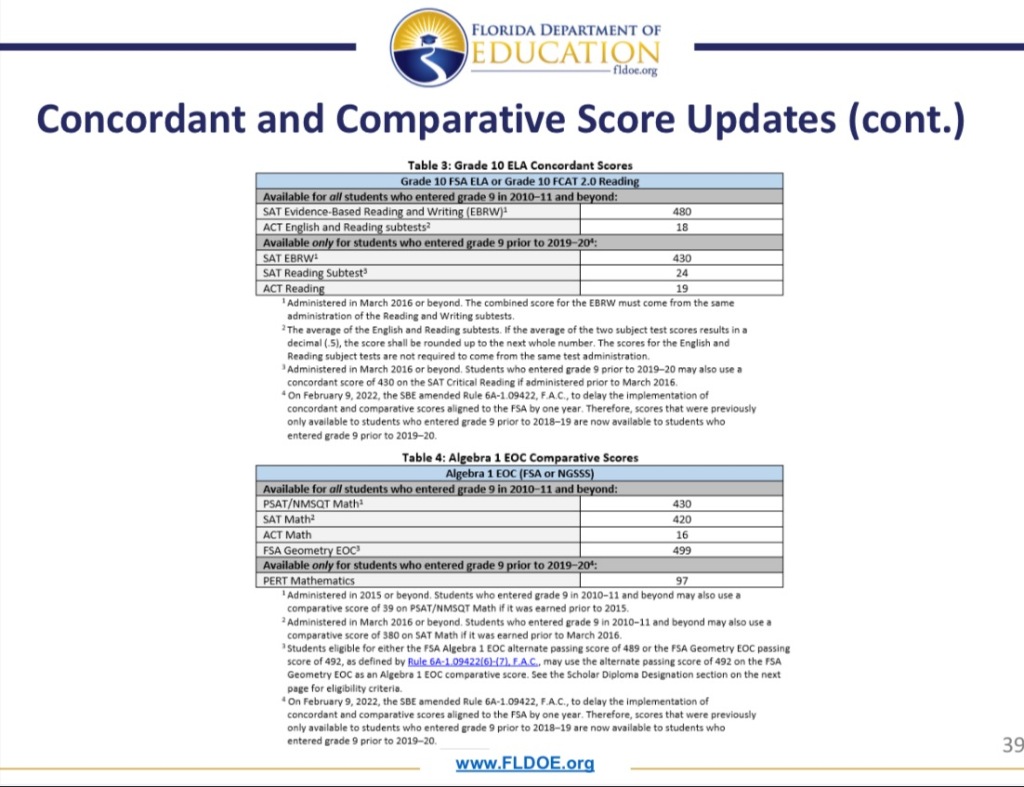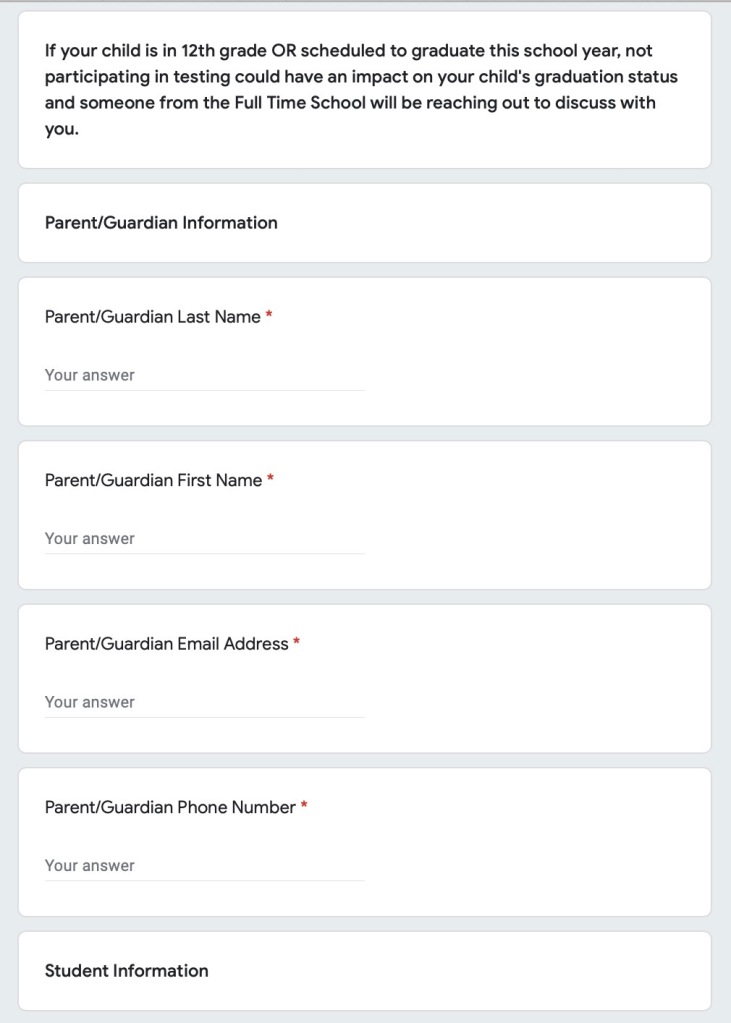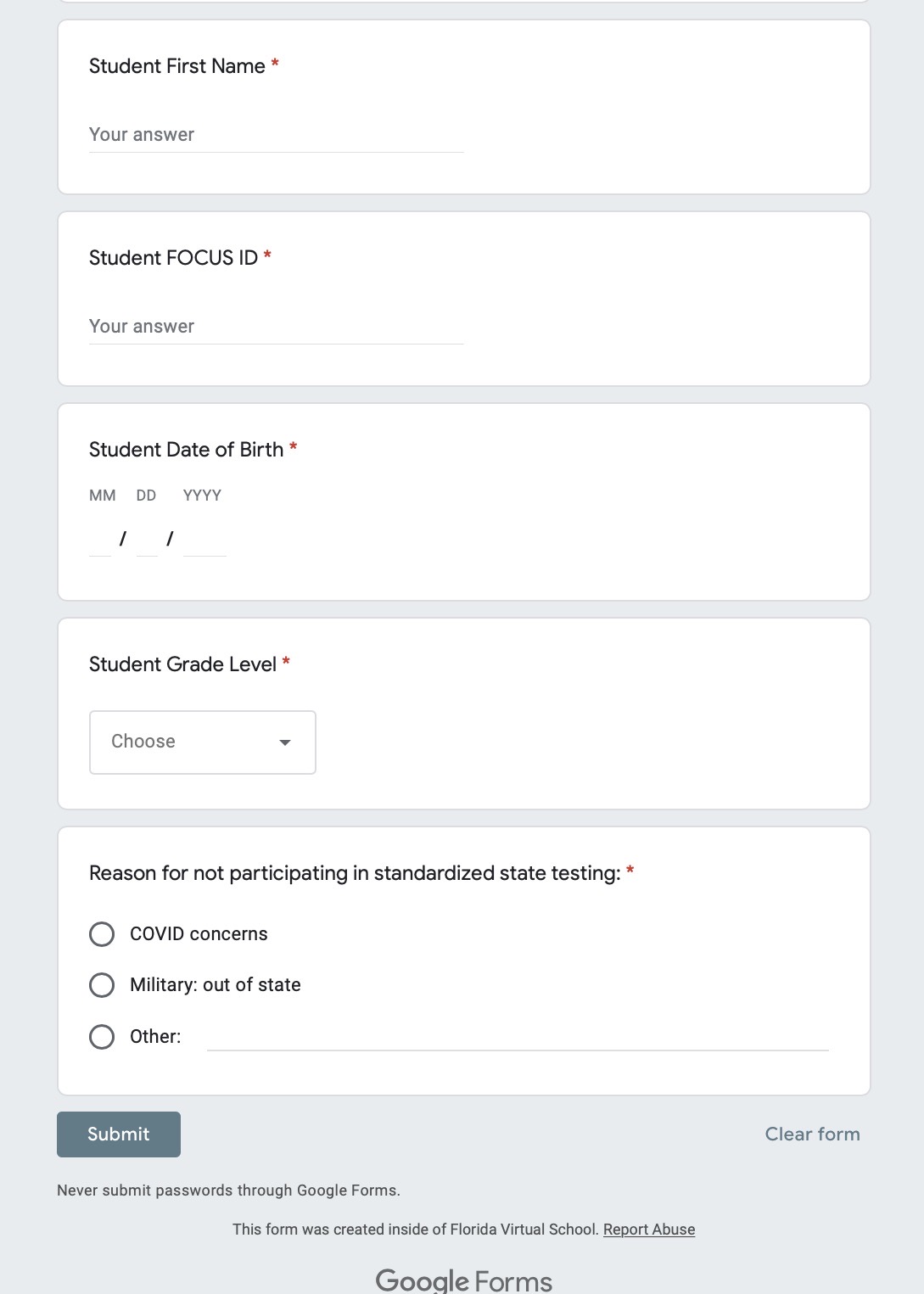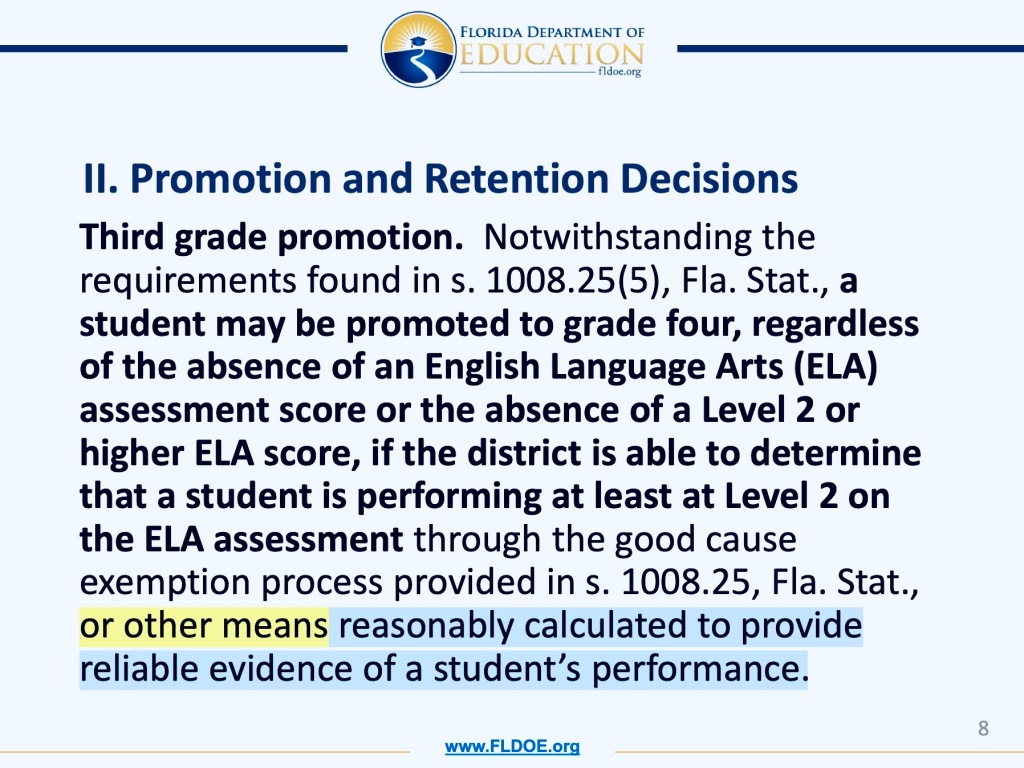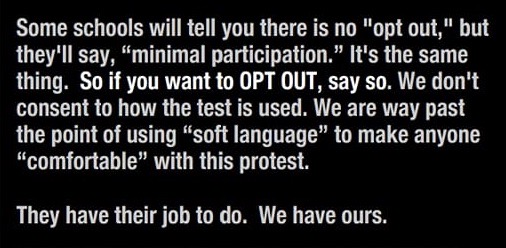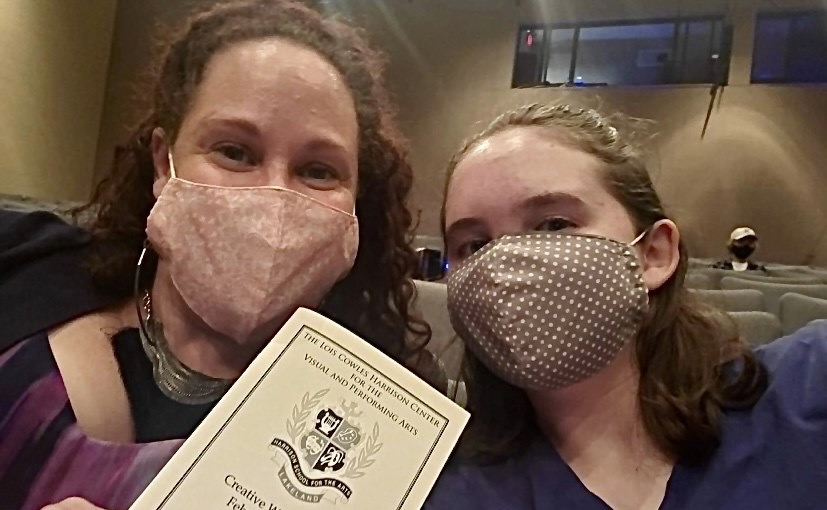Tags
by Sandy Stenoff
Last Tuesday, public education lost a friend, an ally, and a mentor.

Donna Yates Mace of Green Cove Springs, Florida was an elementary school teacher in Duval County Public Schools from 1980 until she retired in 2015. She was a lifelong Florida educator, and so, even after thirty-five years in the classroom, a quiet retirement was not for her.
You may never have met or even heard of Donna Mace, but if you’ve had a child in a public school in the past few decades, your life has been touched by her work as one of the strongest allies in the fight to save public education, especially in Florida. While most of her activism was concentrated in Florida, she supported activists all over the country.
As news of her passing spread on Tuesday, condolences have been shared from across the country. A few of those heartfelt tributes are shared here with permission:
“One of the interesting things I have considered over the years is how I have interacted with people, come to know their beliefs and intentions and have been so touched by the goodness of their being, and yet… I would never recognize them in a crowd. It is a strange and beautiful phenomenon that we can be so very touched by someone and yet never physically touched by them. I am sorry to hear of Donna’s passing. I just hope she is now at peace.“
~ Becky L. Noël Smith, Assistant Professor – California State University, Fresno and Co-Founder, The Opt Out Florida Network
“Donna, lifting you and your family in prayer. It was an honor to do this work with you, an honor to know you, and to learn from you. Your memory and work for teachers and children will be eternal. Rest in Peace, dear friend.”
~ Marla Kilfoyle, Grassroots Liaison, Network for Public Education and former Executive Director of National BATs
“Donna was a force of nature. She’d put the family in the car and travel around Florida to make a difference for the students and teachers. She also helped many parents make it through the Opting Out process. We’ll miss her so very much, but carry on with her spirit always by our side. Thank you for sharing her with us.” 🌹
~ Dr. Trudy Jermanovich, Broward County Public Schools, Retired
Over a decade ago, Donna became a dear friend and mentor to those of us who were new to the fight, teaching us the back stories, the players, and showing us how to pace ourselves. A staunch unionist and a fierce public education activist, she fought to protect public schools.
In The Opt Out Florida Network, Donna was a dedicated administrator in many local groups, helping parents and teachers to advocate for students, remaining devoted to Opt Out Clay and Opt Out Duval. She helped to promote more meaningful education for students by sharing resources, guidance, and moral support. Never one to seek recognition or reward, she was more concerned that the students’ needs were addressed or that the teacher was heard.
A skilled networker, Donna spread the word about important legislative updates and urgent calls to action across her network of education activists. Staying current on the latest news and legislation is vital to providing reliable information and she spent countless late nights poring over documents, reports and articles. She understood the importance of each vote and urged everyone to be an informed voter. Donna was no keyboard warrior. She walked her talk and modeled for us what a public education activist can be and do.

Donna didn’t wait to retire from teaching to become vocal and active in the fight against education “reform” as she saw the problems early on. Before “Opt Out” became a protest, Donna was a warrior in the fight against education “reform,” as a core member of Stop Senate Bill 6 in 2010, one of the most successful campaigns against bad legislation in Florida.
In 2011, she inspired Florida activists to join her at the Save Our Schools March in Washington DC, out of which evolved the nationwide opt out movement to reclaim public school classrooms for authentic teaching and learning by refusing high stakes testing, used to defund public schools, label teachers and harm students.

Fiercely protective of her teacher community, she was a core administrator for the Florida BadAss Teachers (FL BATs), a pro-public education/social justice advocacy activist group for teachers. She empowered veteran and novice teachers alike by listening to their heartbreaking stories, empathizing and commiserating about the challenges in public schools, encouraging them toward hope and optimism to best support all children.
As the quintessential education activist, Donna wore many hats. She loved being a BAT and she was most definitely Badass.
A few of us were looking for photos of Donna to share here with you, that aren’t out of focus or photo-bombed, and we all agreed that she would be laughing at us over this.

Donna also founded “Red for Ed,” to create a unified message in support of public schools and public school teachers. So the next time you see Red for Ed at a school board meeting… that was a gift of solidarity from Donna Mace. We mourn this loss with our friends and fellow activists at BATs and #Red4Ed.

A perpetual student of life, travel as education was one of Donna’s passions and her friends lived vicariously through her stories of summers spent in Central America with her family. She was so wise, yet never stopped wanting to learn more. Even as she struggled with her illness, she still continued to read everything she could and continued to share her knowledge.

First and foremost, Donna Yates Mace was a beloved wife, mother, grandmother, and great-grandmother. Her family was her pride and joy. This is from her Facebook profile and sums up why she continued this work, even after her children were grown. Her fight to protect public education was not only for her children and her grandchildren, but for all children.

Donna Mace made the world a better place by being a force for good. She was a class act, approaching life’s challenges with courage, grace, humility, humor, and optimism, We all benefited from Donna’s wisdom, gained from her experience as a lifelong educator and a life well lived. She really was the best of us.
To the Mace family: Our thoughts are with you now and we send you love, gratitude, and a wish that your fondest memories will bring you peace and comfort.

If you would like to reach out to Donna’s family, you may do so on her Facebook page: Donna Yates Mace.

